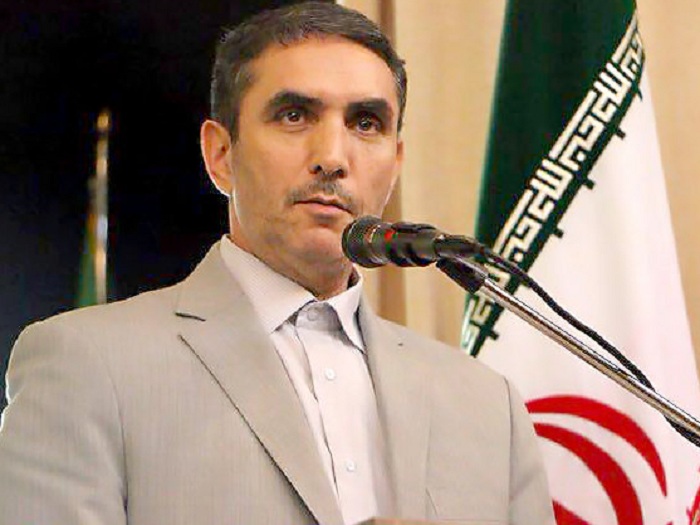Two thousand billion rials to fulfill Hepco contract with the Ministry of Roads

Central Governor: Two thousand billion rials have been allocated to the Ministry of Roads and Urban Development by the State Planning and Budget Organization in order to fulfill the HEPCO contract, which is an important result of last year's follow-up.
According to the International Iranian Stone Exhibition, Seyed Ali Aghazadeh added: "This matter has been approved by the Ministry of Roads and Urban Development and its contract is ready to be signed. As soon as the contract is concluded, HEPCO must seriously enter the field of quality production for its obligations."
He explained: in the field of handing over HEPCO to social security, the necessary meetings were held with the CEO of this organization and it was decided in the first step, to pay the deferred salaries of the company's workers and in the next step, all efforts should be made to launch a production leap in HEPCO.
The central governor said: "Social Security is a professional enterprise with liquidity that can also have good management and use its liquidity when there is a problem. The future is informed.
Aghazadeh said: "Payment of two hundred billion rials through the Social Security Organization for injection into Hepco has been approved last week, and it is stipulated that one hundred billion rials will be paid for the deferred salaries of Hepco workers in June and July, and one hundred billion rials for Allocate years, redemption, retirement debts and current expenses.
Hepco Company was established in 1351 on a 90-hectare land with the aim of assembling road construction machinery in Arak and started operating in 1975. This industrial unit produces twenty-five types of road construction machinery, including graders, loaders and rollers. It produces eight types of products under the licenses of countries such as Japan, Germany and Sweden.
Hepco was transferred to the private sector at the peak of its development in 2006, and this unprincipled transfer created problems for it.
* IRNA










